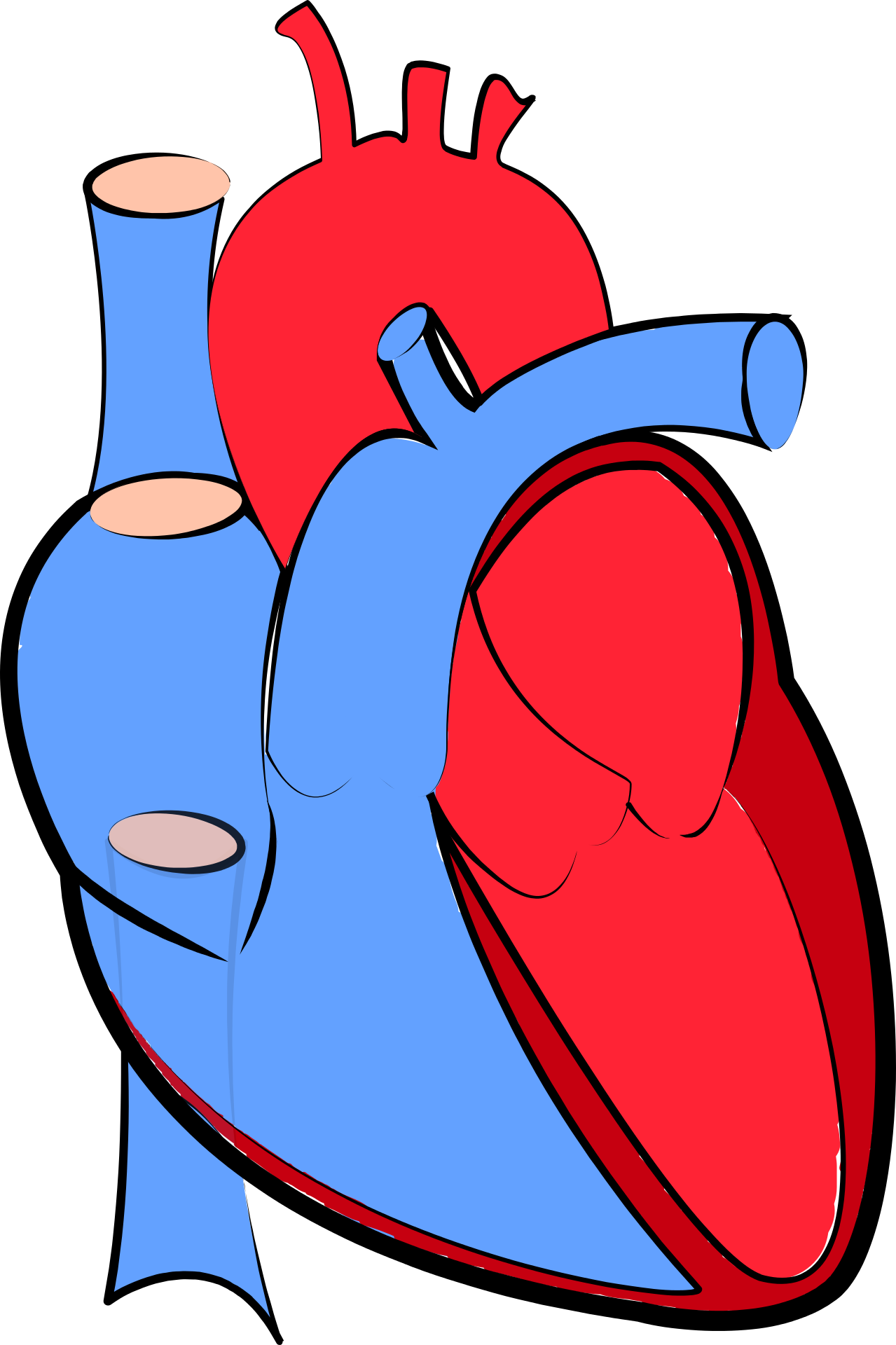In the US alone, every 40 seconds somebody experiences a heart attack. Most of them will also have to receive medical treatment.
The world of cardiovascular medicine is always evolving and subject to updates and changes. In this article, we will explain the new and promising treatments that are being researched or already on the market to help with certain cardiovascular conditions.
655,000 Americans die each year from complications relating to heart disease. This disease is still clearly the focal point for research and developing interventional treatment.
Read on to find out more.
New FDA Approved Drug for Interventional Cardiovascular Medicine
In May of 2020, the FDA approved a drug that is designed to reduce the risk of cardiovascular death and hospitalization for heart failure. Farxiga, the drug in question, helps adults that experience reduced ejection fraction in their heart.
Heart failure is where a heart can’t support the body’s needs of pumping blood around the body and the left ventricle’s weakened as a result. The drug Farxiga was shown in clinical trials to improve survival. It also reduces the need for hospitalization in adults with heart failure with reduced ejection fraction.
The study was made up of 4,744 participants and was randomized, double-blind, placebo-based. After 18 months the participants who received Farxiga had lower numbers of deaths, hospitalizations for heath failure, and urgent visits for health failure than the placebo group.
Some side effects of the drug include severe urinary tract infections and genital yeast infections. As well as dehydration and tiredness. It can also interfere with kidney functions. If a patient is elderly or has existing kidney issues they will need assessment for the viability of taking it.
Patients with symptoms of metabolic acidosis or ketoacidosis will also need monitoring. Metabolic acidosis is an imbalance in the body’s pH levels where the blood pH is lower than 7.35. Ketoacidosis is also a life-threatening condition that affects people with diabetes. Both conditions will need close supervision.
Farxiga is also FDA approved to treat people with type 2 diabetes in order to improve glycemic control, in tandem with diet and exercise.
Dr. Kenneth R. Chien is a leading researcher and doctor in cardiovascular science. He has written many papers on the subject of regenerative cardiovascular medicine. To find out more about him and his work, take a look at his LinkedIn profile.
Wearable Commercial Heart Rate and Rhythm Monitors are Becoming More Common
More people are now investing in wearable commercial heart and rhythm monitors. People are now more likely to identify any irregular heart activity by themselves. This can be incredibly helpful in identifying and diagnosing arrhythmias.
A recent study was done where out of 100 patients, 94 of them were able to identify an accurate QT interval from a smartwatch or Fitbit. It reflected the correct QT interval also measured on a 12-lead ECG.
This self-monitoring of people’s own heart and QT interval properties is a valuable step in the right direction. It can lead to the diagnosis of heart conditions and irregularities much earlier.
It means that patients can receive diagnoses quicker and have intervention work done earlier. This could reduce their risk of heart failure and death.
Experimental Drug Trial in Canada Concluded Third Successful Stage
VICTORIA has concluded a third successful clinical trial for a drug called Vericiguat. This drug is for patients at a high risk of heart failure and death from heart disease.
Results have shown that patients who were taking the drug were 10% less likely to experience hospitalization or death. This is in comparison to those in the placebo group.
There was also a reduction of 4.2 of negative health events for those already receiving optimum heart failure care. This is the first large study of its kind to focus on those patients who are still deteriorating. This is despite them already experiencing optimum current care for heart failure.
Over four years the patient pool has widened to over 5000 participants in 42 countries. With the reduction in hospitalizations and deaths, the drug Vericiguat has found to have few side effects.
Positive side effects of the drug were discovered as early as three months into the trial for patients.
Vericiguat stimulates an enzyme in the body called soluble guanylate cyclase (sGC). This, in turn, stimulates heart function and helps blood vessels to relax, which eases the blood flow.
Patients who have heart failure, have a reduced amount of sGC in the body which results in cardiovascular and blood cell dysfunction. A pill is taken orally every day who those who have worsening heart failure.
This is the first drug of its kind to be tested looking at sGC. It’s exciting for researchers as it opens up a new realm of cardiovascular medication. They may be able to use this study as a way to invent and develop more medications and intervention methods.
Also, the reduction in hospitalization and deaths from those already experiencing heart failure frees up the hospital beds and space for others who need it. And with the high cases of COVID-19 cases and deaths in the US now surpassing 8.3 million and 220,000, this space has never been more critical.
Cardiovascular Medicine: Where Can I Find Out More?
With the developments of cardiovascular medicine, there are always advancements to celebrate.
We hope this article has given you some insight into the many promising advancements and trials that are currently going on in the world. 2020 might not have been the best year for a lot of industries. But, it’s encouraging to see how far cardiovascular medicine continues to develop and save lives.
If you enjoyed this article, check out our other blog posts!
